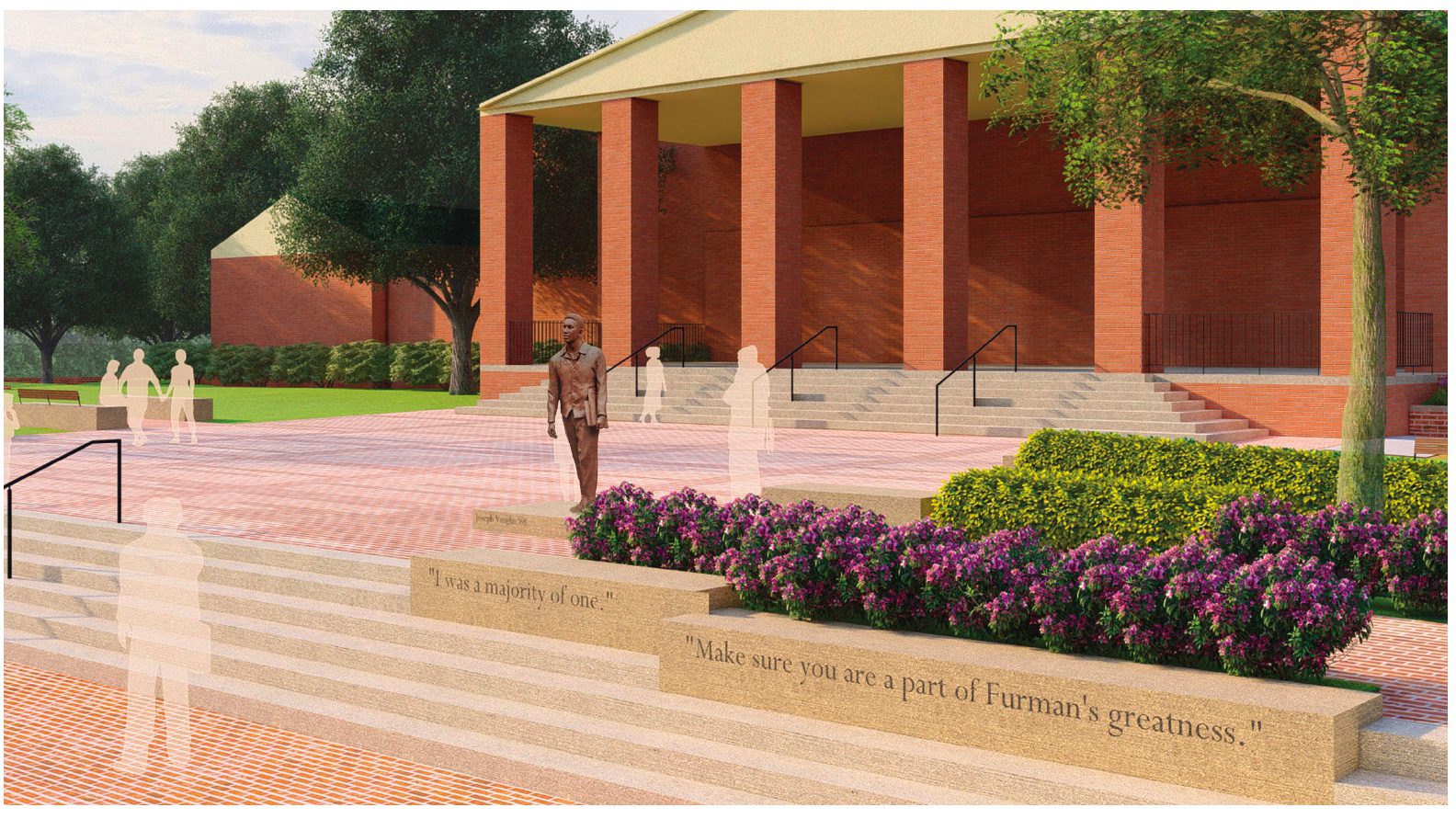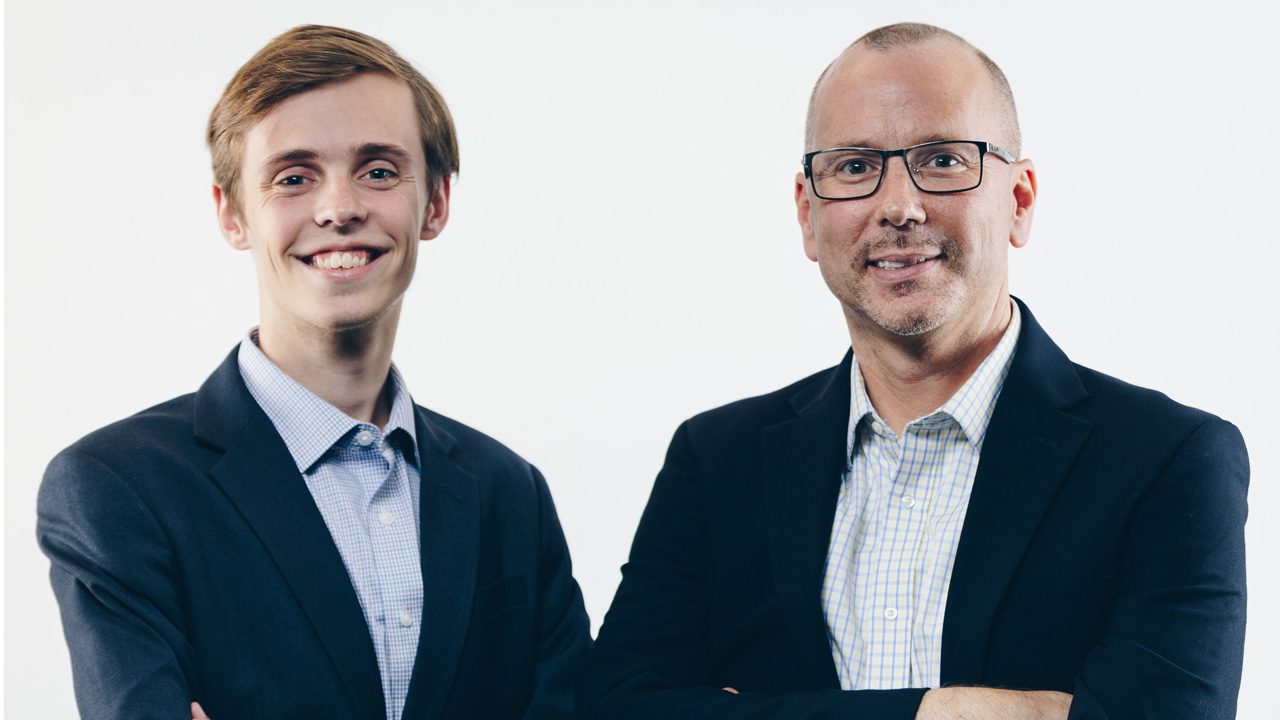
Then
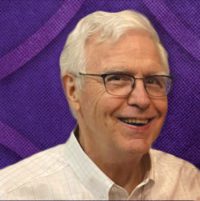
PATRICK WIGGINS ’70
I had never heard of Furman until the football scholarship. And it wasn’t until I read the student manual that it dawned on me what was meant by “Southern Baptist school.” Although I came to love Furman deeply, it tickled my mother to remind me of my first words upon seeing the campus: “I knew this place had walls.”
It’s a cartoonish metric, but I entered Furman in 1966 to Sgt. Barry Sears’ “The Ballad of the Green Berets” and entered basic training in 1970 to Edwin Starr’s “War.” Outside Furman’s walls, the four years between were turbulent, marked by assassinations, protests, riots, massacres and Vietnam. Not to mention the rumors of sex, drugs, and rock and roll.
I valued my time at Furman. Football, wonderful friends, great experiences, dedicated faculty. My heart still opens when I think of (former Furman professors) Bill Leverette, Theron Price and John Crabtree. Nevertheless, I did not think Furman had shaped me for the long haul. I was wrong.
Robert Frost said that “… freedom means riding easy in the harness.” Furman’s great gift to me was the harness through which I could live a life of meaning.
Before Furman, I thought life was the journey of an individual. I was wired to find wholeness through thought and deed, not through community. By graduation I had changed. I was no longer making my devil too big and my God too small. Equally important, the seeds of a profoundly different orientation had been planted.
Over decades I began to see that one could experience wholeness both as an individual and as part of a greater whole. I began to see that aligned commitment to mission, community and service was the path to being more fully human. At some point, those seeds sprouted and grew into a fuller understanding that we transcend the limitations of our character – both individual and communal – by employing our dreams and suffering in service of others.
Looking back, I did not notice the changes in my mindset. I was so occupied with the chop at the surface I did not realize that I was immersed, nor that deeper currents were involved. But that could only happen because Furman had made it safe for me inside its walls – safe for me to be where I was and to absorb what I could. For this I remain profoundly grateful, and somewhere my mother remains tickled.
ABOUT THE AUTHOR
![]()
Patrick Wiggins is an attorney, lyricist and writer in Gainesville, Florida.
Now
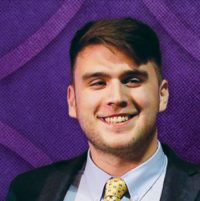

SAM YBARRA ’22
I have had the pleasure of calling Furman my second home for many years before SOHO (South Housing) move-in day my first year. When my mom, Susan ’92, started working at Furman in 2008, 8-year-old me thought Furman was incredible mostly because it served as a huge playground and a place for me to hone my ping pong skills in the basement of Plyler Hall. Up until I received my acceptance letter however, I never thought I would attend such a prestigious university.
At 7 years old after years of developmental struggles, I was diagnosed with high-functioning autism spectrum disorder. Living with autism has brought about challenges in my life that make the fact that I go to school here a miracle.
I recently had the opportunity to participate in – and win – the first annual Paladin Pitch Competition put on by Furman Innovation and Entrepreneurship. My venture, Spectrum Tiny Homes, bridges my passion for the autism community and the need for affordable housing.
Our mission is to provide functional and affordable tiny homes built to fit the needs of young adults with autism. I could not have done it without the help and guidance of the innovation and entrepreneurship team that surrounded me and the other contestants with the knowledge and resources necessary to create and present a professional-quality pitch.
The competition was comprised of a multistage process that gave me the opportunity to pitch my idea multiple times and improve as the process progressed. Whether it was fine tuning my business model or calming last-second nerves, the innovation and entrepreneurship team was there every step of the way. I am thankful for the entire team, and I look forward to working with them to continue to make my business venture a reality.
ABOUT THE AUTHOR
![]()
![]()
![]()
![]()
Sam Ybarra is a member of the class of 2022.
Next
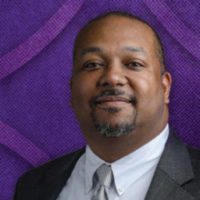

MICHAEL JENNINGS
With regard to diversity, equity and inclusion on campus, one of the questions I’ve often been asked this year relates to how Furman is handling the information that was shared in the Black at Furman (@blackatfurmanuni) Instagram account this past summer.
The account offered many heartbreaking stories of bigoted behavior (mostly but not exclusively related to race) that directly reflected experiences reported by many of our students and alumni. These stories were difficult to read, but we recognize that they were even more difficult for our students and alumni to experience.
In response to these narratives, a group of Black alumni put together a petition that called on Furman to take action in addressing issues of anti-black racism. The petition was well received by Furman and resulted in the university drafting a formal response that spoke directly to the points offered in the petition. Additionally, Furman offered several commitments that were not mentioned in the petition but which we felt addressed the role of anti-blackness in the Furman community.
An important step in following through on these commitments was the formation of the Ad Hoc Committee on Black Life at Furman. This committee received its charge from President Elizabeth Davis on September 11, at its first formal meeting. The committee has been meeting regularly throughout the fall semester with the intent of creating a set of specific recommendations that address Furman’s commitments to anti-racism as outlined in the response to the alumni petition.
The work of this committee reflects Furman’s continuing efforts to support diversity, equity and inclusion within our community. Specifically, it extends the efforts of the Task Force on Slavery and Justice and informs the ongoing work of Furman’s Diversity, Equity and Inclusion Committee, which is focused on supporting the creation of a university-wide Strategic Diversity Plan intended for implementation in 2021.
ABOUT THE AUTHOR
![]()
![]()
![]()
![]()
Michael Jennings was appointed Furman University’s inaugural chief diversity officer in July 2017 and is also a faculty member in the Department of Education.


Tools and techniques from the sudden shift will benefit students even after the pandemic is behind us.

